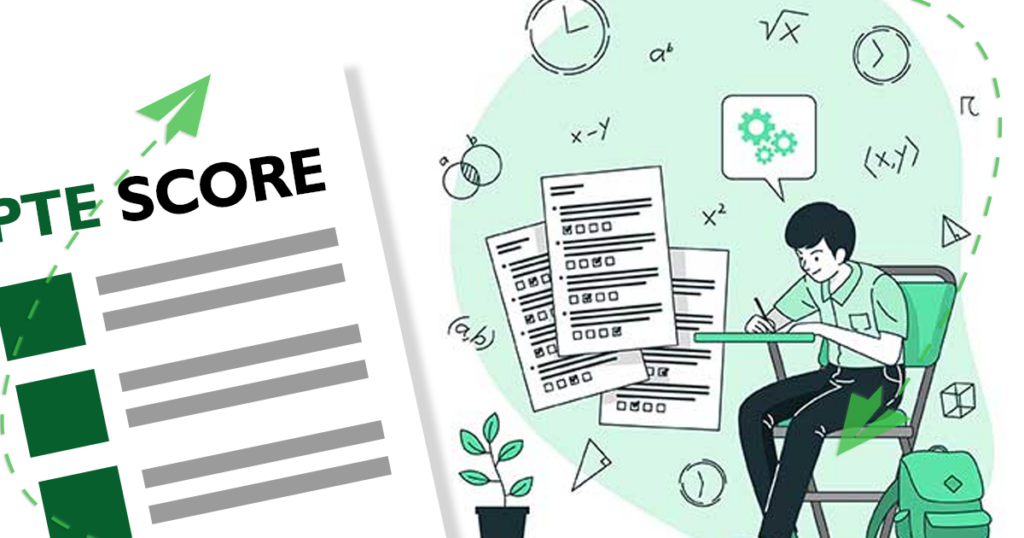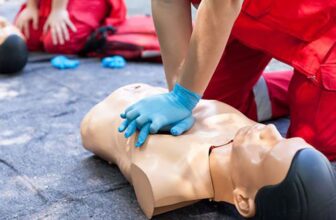
A lot rides on your PTE test—not just for your academic career, but also for your future job prospects. Make sure you put in the extra effort and study for your test the right way. Follow these tips to maximize your chances of success.
Table of Contents
Preparation

Source: pexels.com
The first step in preparing for the test is identifying your strengths and weaknesses. After this, you can begin to focus on areas where you need improvement. Some students find that studying for the PTE is easier when they break down the content into small, manageable chunks; others prefer to study continuously throughout their week. Once you have identified what you need to work on, it is important to practice as often as possible. This will help improve your concentration and speed up your preparation process.
Make sure you have all of the materials you will need. This includes the test book, answer key, and pencils. You can also find a practice test online or at your local library.
Next, prepare yourself mentally. The PTE test is not like your regular school exams. There is no time limit and it is not a multiple-choice question format. You will be given some questions to read and then you will have to answer them in the accompanying essay piece. Make sure you are well-prepared for this section by studying the topic thoroughly in advance.
Is the test hard?
The PTE is a challenging test, but that doesn’t mean it’s impossible to pass. In fact, many students who take the PTE achieve high scores, which means they’re well-prepared for college and other opportunities in life.
If you’re interested in taking the PTE, don’t be intimidated by its difficulty. With a little bit of preparation and hard work, you can achieve success on the PTE.
How long does it take to prepare?

Source: unsplash.com
There is no one answer to this question, as the time required to prepare for PTEs will vary depending on your level of experience and study habits. However, generally speaking, it takes around six months to a year to fully prepare for the exams. This time will include studying for the PTEs themselves, as well as reviewing any relevant material that may be covered in the exams.
It is important to note that this preparation time does not include any practice tests or mock exams – these must be taken separately in order to get ready for the real thing. Additionally, there are certain elements of the PTEs that are more difficult than others; therefore, it is recommended that you focus on mastering those areas first before moving on to other topics.
Ultimately, preparing for PTEs is an ongoing process that requires dedication and hard work – but with a bit of planning and effort, it can definitely be done.
Use good materials
There are many materials that can be used to help you prepare for a PTE test. You can use books, websites, magazines, and flashcards to study. However, the best way to prepare is to practice with questions from the PTE mock test. You can find questions online or in a book or magazine. If you don’t have access to the real test, you can also practice with simulations or question banks.
What does the test look like?

Source: educationafter12th.com
There are three parts to the PTE test: reading, writing and speaking. The reading section tests your ability to read text with comprehension and accuracy. The writing section tests your ability to write correctly and fluently in English. The speaking section checks your ability to understand and respond correctly to spoken English questions.
Study tips
To ensure you score well on your PTE test, follow these tips:
- Make a study plan. Organize your materials into manageable steps and keep track of what you’ve done. This will help you stay on track and avoid cramming too hard in the last days leading up to the test.
- Stick to a routine. Setting a schedule for studying will help you stick to it and avoid randomly studying when inspiration strikes. Be realistic about how much time you can devote to studying each day, and make sure to allow enough time for review as well.
- Use flashcards and other memory tools. It can be helpful when trying to remember specific information. Try different methods until you find one that works best for you.
- Practice with questions from the test. “Test yourself frequently” is another important lesson for students preparing for the PTE exam – especially since questions from previous exams may appear on upcoming tests in new forms or with modified content. “Test yourself frequently” means practicing with questions from the actual test so that by the time you take it, you’ll be familiar with the types of questions that are likely to appear on your individual test.
- Relax and have fun. Studying can be frustrating, but don’t let it become too much of a burden. Make sure to take some time for relaxation and fun activities to help you stay motivated and positive.
What is a good score?

Source: edmissions.com
There is no passing PTE score. The score ranges fro 10 to 90 points. Candidates scoring anywhere between 65 to 75 are considered to be good PTE scores for admission to top universities. For other universities, 50-63 is accepted.
To sum up
If you are planning to study in a foreign country and want to improve your English, one of the best things you can do is try to pass the PTE (Preparation for Higher Education) test. Although it is not an easy task, there are a few tips that will help you succeed. First of all, make sure you focus on the areas that are tested on the PTE. Secondly, practice as much as possible so that you don’t feel too nervous when taking the test. And finally, be patient – it definitely takes time and effort to perfect your English skills enough to pass the PTE test. Good luck!







